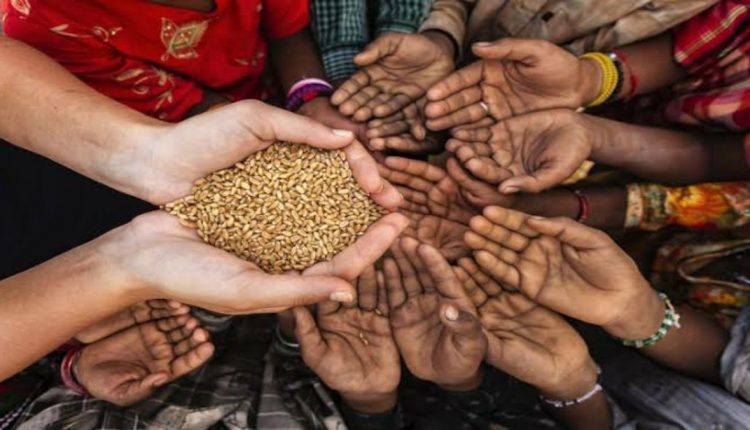Goal to end hunger by 2030 appears unlikely

It appears the world is likely to fall short of meeting the United Nations objective of eradicating hunger by 2030.
“We were on a good trajectory to do that,” said Andy Harrington, executive director of the Canadian Foodgrains Bank. “But since the mid-2010s, that trajectory has gone backwards.”
The 2023 Global Hunger Index report estimates that 58 countries will not reach low levels of hunger, let alone zero hunger, by 2030. The index assigns a score of 18.3 for 2023, which is less than one point below the 2015 score of 19.1.
Both scores are considered moderate and show there has been little progress toward achieving the UN’s goal of ending hunger by 2030.
The number of undernourished people has climbed to 735 million from 572 million in 2017, according to the report published by Concern Worldwide and Welthungerlife.
Nine countries have “alarming” rates of hunger: Burundi, Central African Republic, Democratic Republic of the Congo, Lesotho, Madagascar, Niger, Somalia, South Sudan and Yemen.
Another 34 countries have a “serious” rating.
“The fallout from the COVID-19 pandemic, climate disasters around the world and the ongoing Russia-Ukraine conflict have combined to stall progress in the fight against hunger,” stated the report.
It also reveals that, while progress has slowed in the last decade, hunger levels are substantially lower than they were in the early 2000s. The number of countries considered “alarming” or “extremely alarming” has dropped to nine from 38 in 2000.
“It is encouraging to see that almost every country our members and their partners are working in has improved during this period,” said Harrington.
“We’re very happy about that. We’re actually seeing that our work makes a difference.”
The Canadian Foodgrains Bank provided food assistance to 1.1 million people in 36 countries in 2022-23. The total budget for that aid was $79.9 million.
The organization received $21.6 million in donations, $11.9 million in member agency transfers and $47.2 million in government grants that year. Revenues were up 28 percent compared to the previous year.
Harrington said there was a temporary bump in government funding due to the pandemic, along with a “real outpouring” of support from Canadian citizens.
“In the midst of this global hunger crisis, Canadians stood firm. They were incredibly generous to us.”
But there has also been a 30 to 60 percent increase in the cost of the food provided by the foodgrains bank. The organization has concerns because some government programs are ending while food costs continue to rise. And the rising cost of living is affecting donations at home and abroad.
“Countries around the world are cutting their aid budgets,” said Harrington.
The World Food Program has one-third of the resources it needs to meet current demands. It is being forced to cut food aid programs in places like Syria and Lebanon.
Harrington said there are still ways to get back on track and eradicate world hunger, although it may take a few more years than originally planned.
“We have the resources, but do we have the will?”
Read also
Wheat in Southern Brazil Impacted by Dry Weather and Frosts
Oilseed Industry. Leaders and Strategies in the Times of a Great Change
Black Sea & Danube Region: Oilseed and Vegoil Markets Within Ongoing Transfor...
Serbia. The drought will cause extremely high losses for farmers this year
2023/24 Safrinha Corn in Brazil 91% Harvested
Write to us
Our manager will contact you soon



